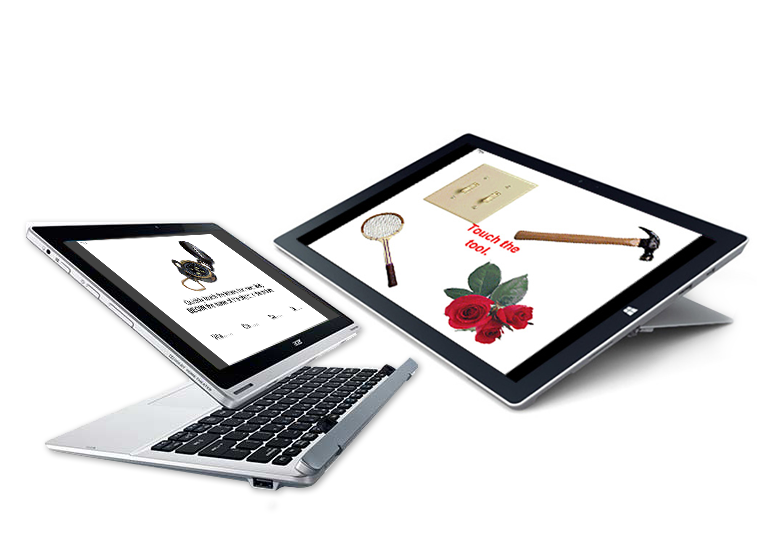The Computer-Administered Neuropsychological Screen
for Mild Cognitive Impairment
Easily assess your patient’s cognitive health.
Gain higher reimbursements with the CANS-MCI.
Eight distinct tests administered in a single session.
The following neuropsychological tests were used to assess the validity of the CANS-MCI in studies supported by grants from the Veterans Administration and the National Institute on Aging
- Wechsler Memory Scale-Revised (WMS-R)
- Logical Memory Immediate and Delayed (LMS-I and LMS-II)
- Mattis Dementia Rating Scale (DRS)
- Wechsler Adult Intelligence Scale, Digit Symbol test
- (Later validated against the MOCA and MMSE)
- (Later correlated with CSF amyloid β 1-42 (Aβ) and tau levels)
Hardware Requirements…
